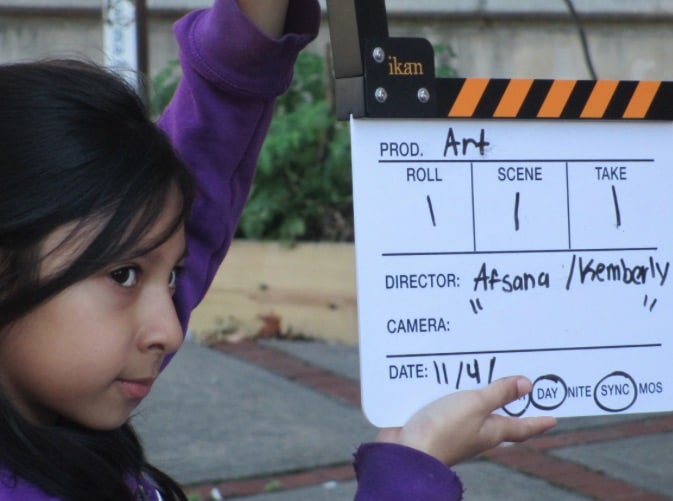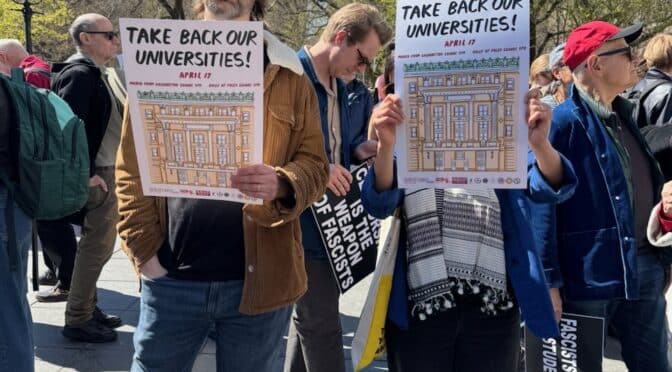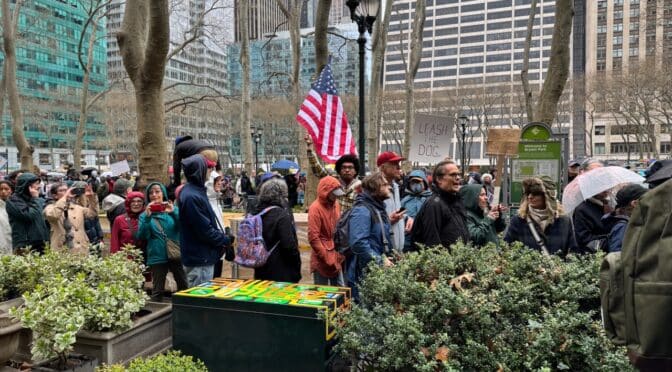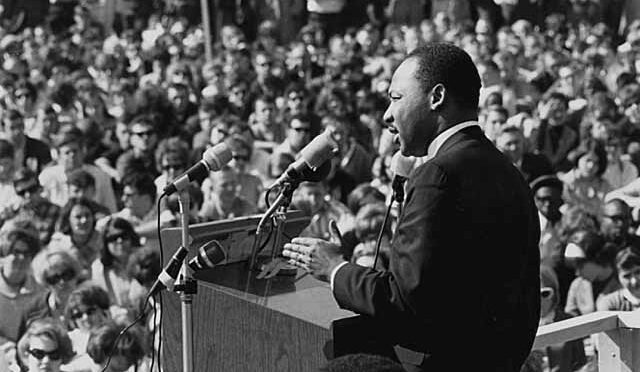by Phyllis C. Stevens
A few years ago, a 10-year-old boy at a Jackson Heights, Queens elementary school, who hadn’t spoken in class in years, took part in the production of a movie with the Queens World Film Festival (QWFF). His enthusiasm for the project made him want to communicate, to talk, and he even volunteered to speak to an audience when the film had its first screening.
Every year since the launch of the project in 2008, the QWFF brings filmmakers and industry professionals to P.S. 69, one of New York City’s most ethnically diverse schools. They work with 32 fifth graders in what educators call an “inclusion class,” to produce original short films.
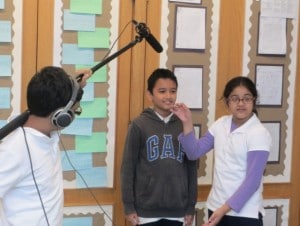
Although some have academic or language difficulties, the students come together to create charming and insightful films that tell universal stories about children’s lives, fears and the people and things they love and some they fear.
You can take a look at this year’s work, five short projects, strung together in a 33- minute video. The work premiered at the elementary school on March 17 and deals with bullying, fitting in, parents’ divorce, boredom and the death of a relative.
https://vimeo.com/159010325
During the eight-week filmmaking program, P.S. 69’s ten- and eleven-year olds learn how to pitch, write a screenplay, direct, act and shoot and edit using professional equipment. While these may seem like purely creative and technical skills, they also help the students gain a better understanding of technology, mathematics and science.
QWFF Artistic Director Katha Cato said, “The immersive experience is transforming and has great motivational impact on these youngsters. It fires up their imaginations and gets them excited about learning.”
And P.S. 69 teachers and administrators agree. Deborah Strack Cregan, the teacher-specialist who oversees the project, said some of these children previously avoided social contact. “They make themselves invisible in the challenging, fast-paced world of a New York City elementary school. Making these movies levels the playing field and gives these kids a voice — a way to express themselves and stretch their wings. They develop self-confidence and self-esteem and feel special and successful.”
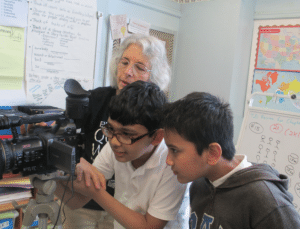
Investors Foundation, a community funding arm of Investors Bank, provided money for the program. The money made it possible to do things right, according to QFF Artistic Director Don Cato. He said, “For the first time ever we were able to fully equip all the production teams.”
